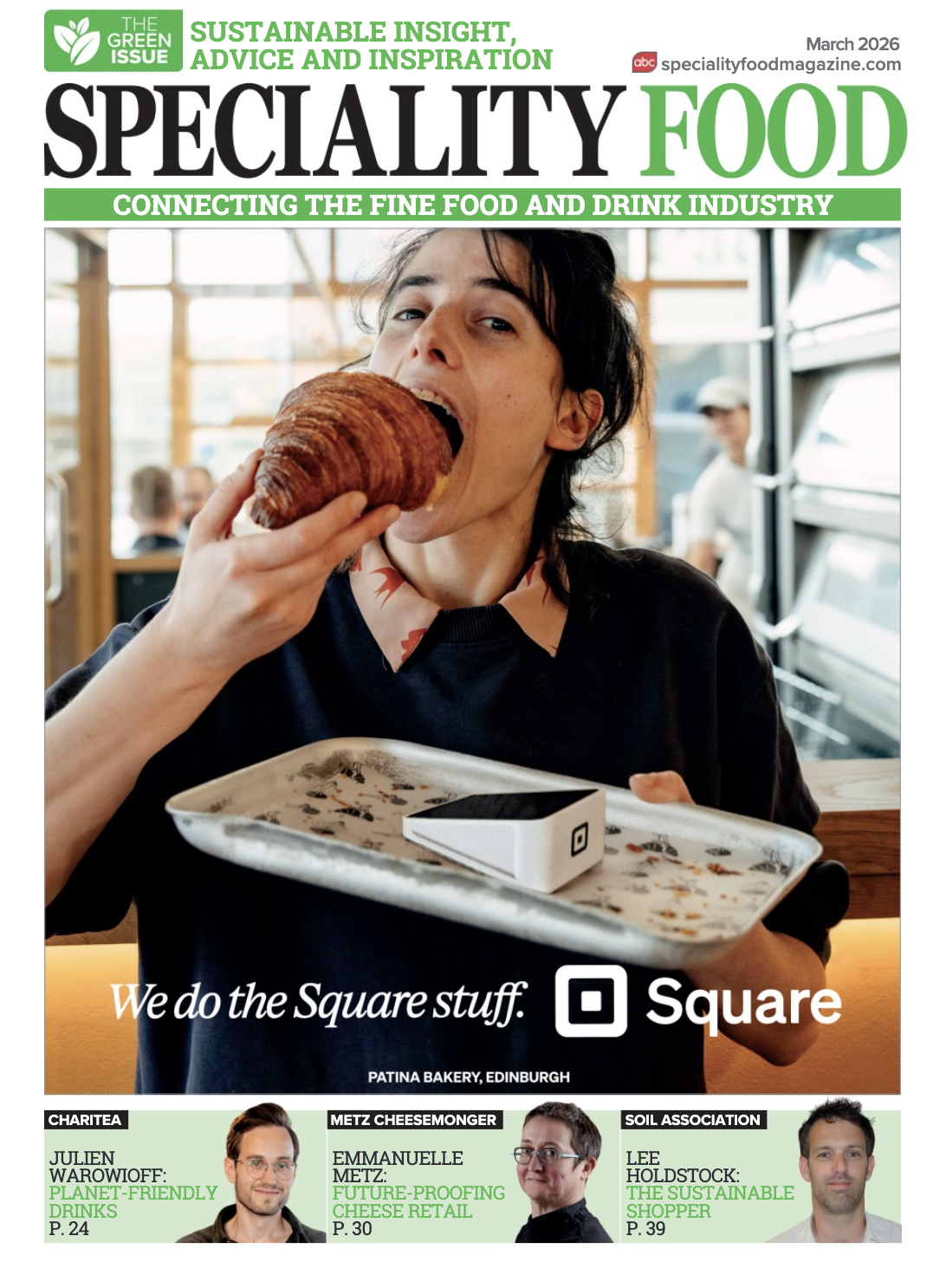“We need to talk about Christmas”

- Is our café a hero or a villain?
- “The battle for optimism and morale in retail”
- “Sustainable confusion”
- “What to do about January?”
- “Is the Christmas boom sustainable?”
In the final article I wrote at the end of last year I suggested it could be a successful Christmas based on the fact that there were four ‘good’ shopping Saturdays before the big day. Another theory bites the dust!
The general opinion is that it was a bad Christmas, based on numerous trading results from the big retailers. Two other narratives seem to have emerged along the lines that the rush starts later and later each year and that Christmas is no longer the force it used to be. (As for the four ‘good’ Saturdays theory – RIP).
At first glance these two narratives seem to have merit. For us December got off to a slow start: 3.1% down in the first week; 3.3% down in the second week; 6.4% up in Christmas week, and ending up just 0.3% by New Year’s Eve - just like Tesco!
One thing that did not help was Storm Deirdre. I cannot speak lowly enough of this meteorological phenomenon. On Saturday 15th December we were down 14.5% on the previous year. It was not just “A rainy day in London Town”, to misquote Mr Sinatra, it was more Darkness at Noon by Arthur Koestler. Storm Deirdre therefore takes its rightful place in Shepherd’s Mammoth Book of Excuses.
It is important to record that online sales for us grew by 48% in December (eat your heart out Deirdre) and without this Christmas sales would have been disappointing.
However, despite the slew of disappointing retail sales figures in the UK and abroad, was the Christmas trading season really as bad as it is being made out? Has there been a disconnect between perception and reality?
When mariners at sea in years gone by, including Christopher Columbus, looked for land they analysed clouds, rainfall, floating sticks and telltale birds for signs of its proximity. Are there similar signs to suggest that Christmas remains as significant as it has always been for retailers?
Although it seems likely that the rush is coming later, by looking at our sales figures I have noticed that the Christmas week in 2018 provided 34% of the monthly sales. In 2010 it was 36%, in 1999 it was 38% and in 1995 it contributed 40% of the total monthly sales. So the theory that the rush is coming later may actually depend more on the day of the week that Christmas falls on.
Similarly, the view that ‘Fings ain’t what they used to be’ regarding Christmas sales in general also looks shaky. I do not have much evidence to back this up, but over the past five years Christmas has steadfastly produced 11.7% of our annual sales. In 1995 it was just under 11%. Over the same period, November has declined by nearly 1%.
Undoubtedly trading conditions were very difficult in 2018 and Christmas provided little relief, but perhaps there are a few ‘floating sticks and telltale birds’ that indicate we may see an end in sight. The problem for Christopher Columbus on his quest for the new world was that from the first sighting of floating sticks on September 16th 1492 land was not actually sighted until 12th October. By then the crew were close to mutiny.
There is still a long way to go for a general recovery, but the importance of Christmas for us is still unassailable in the speciality food calendar.
more from Expert Eye
-
“2019 and all that”
16 October 2019 Expert Eye"Over the past 47 years, and since Partridges first started trading, the year 2018 has proven to be one of the worst!" -
“The multi-sensory deli”
06 September 2019 Expert EyeEver since I started working in food shops – some 16,790 moons ago – it has always been impressed upon me that the three most important aspects of a successful enterprise are location, location, location. -
“The Costa Del Shop 2019”
20 August 2019 Expert EyeEver since I started working in food shops – some 16,790 moons ago – it has always been impressed upon me that the three most important aspects of a successful enterprise are location, location, location.

